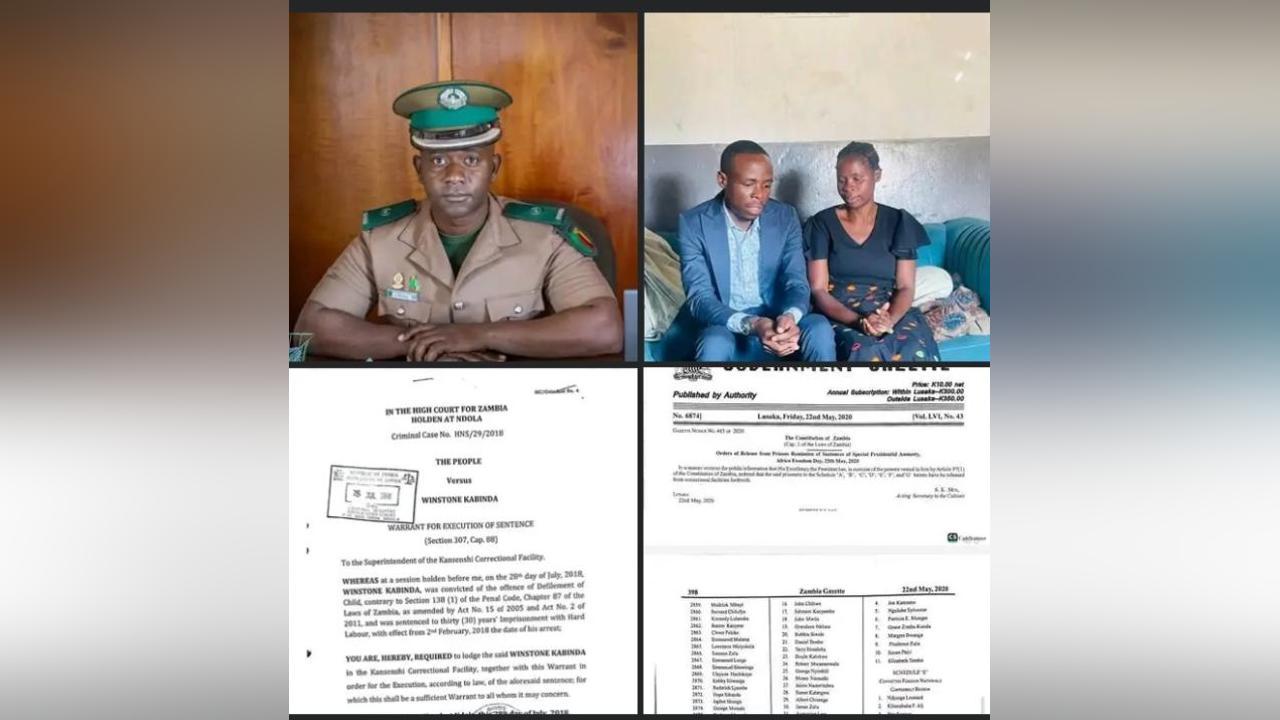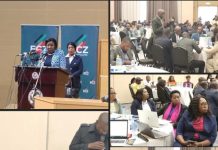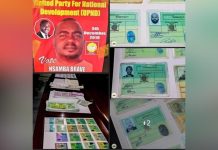Africa-Press – Zambia. A single Facebook post set off a week of outrage. A philanthropist, Remmy Chanda, shared a mother’s plea. PF machinery, including Emmanuel Mwamba, claimed President Hakainde Hichilema freed the man who defiled her child. Days later, the Zambia Correctional Service (ZCS) put out the record.
“Male Convict KBW/496/18, Mr. Winston Kabinda, was pardoned on 25th May 2020,” the statement reads. “His release was effected through Gazette Notice No. 6874 dated Friday, 22nd May 2020.” That was under the PF administration. “Any suggestion that the New Dawn Government or the current Command was involved in this 2020 release is unfounded,” ZCS said.
Here is the law. The prerogative of mercy sits in Article 97 of the Constitution. It empowers the Head of State to pardon convicted persons. ZCS cites Rule 140 of the Prisons Rules on eligibility, including time served and evidence of rehabilitation. Pardons are often issued on designated occasions such as Africa Freedom Day. These are not social media choices. They are constitutional acts.
The victim’s mother, Ms. Clara Kunda, said she needed help for her daughter. “Enrolment in a special school,” counselling, and transport support were among her requests, ZCS notes. Medical reports, ZCS adds, confirm the child did not contract HIV. The trauma remains. That is the heart of this story. Not a meme, not a hashtag, but a nine-year-old who needs specialised care.
Can a pardon be reversed? In most constitutional systems, clemency is final unless obtained by fraud, or unless a conditional remission is later breached. Zambia’s Constitution vests wide discretion in the Presidency. If the public wants exclusions for specific crimes, that is a policy question for Parliament and, if needed, constitutional amendment. The legal test is not outrage. It is what the Constitution permits.
Should some crimes be non-pardonable? Many countries ring-fence offences against children. Others keep the power broad but require a transparent advisory process and victim notification before clemency. Zambia can choose. Publish a clemency register. Disclose reasons. Mandate risk assessments for sexual offences. Notify victims. Impose supervision terms. These are design choices, not Twitter fights.
Did those who pardoned Kabinda err in law or in morality? In law, ZCS says the 2020 pardon followed the framework then in place. “At that time, the current President… and the current Zambia Correctional Service Command had not assumed office,” the statement notes. In morality, citizens are asking the right questions. Who assessed risk. Who spoke for the child. What conditions were imposed. If the same case surfaced today, would the process look any different.
Why the narrative pivot now? The first claim said Hichilema released the convict. When documents surfaced, the claim shifted to “it is not about who released him.” That is a tell. It shows a propagandist’s playbook. Make a specific allegation. When the facts collapse, switch frames and keep the fury. Audiences should mark that pivot and ask why the original claim was made in the first place.
Would the analysis change if the 2020 dates did not? It should not. The standard must be consistent. Presidents should not sign clemency without a documented process, a clear rationale, and victim-centred safeguards. The only honest debate is about rules, transparency, and accountability. Anything else is partisan theatre over a child’s pain.
The facts now are plain. Kabinda was jailed in 2018. He was pardoned in 2020 under President Edgar Lungu. The ZCS statement is explicit and dated. The mother’s requests are on file. The public outrage is real. The remedies are structural. Tighten the clemency process. Fund victim services. Publish decisions. Stop laundering grief through propaganda.Zambia travel packages
Four questions for the week ahead: Do we want statutory limits on clemency for offences against children? Should every pardon be accompanied by a written, public rationale? Will government create a searchable clemency register with conditions and compliance status. What support will the state and community provide to Ms. Kunda’s daughter now, not in the next news cycle?
We will keep verifying documents, timelines, and procedures. If you have firsthand information that can advance the facts, write to our desk in confidence through our inbox. Follow The People’s Brief for verified, neutral and objective reporting.
For More News And Analysis About Zambia Follow Africa-Press







